Glaucoma Services at Manchu Eye Care Hospital, Srikakulam
At Manchu Eye Care Hospital, we provide specialized and advanced care for Glaucoma, a progressive eye disease that can lead to irreversible vision loss if not detected and managed early. Often symptomless in its early stages, Glaucoma damages the optic nerve due to increased intraocular pressure (IOP) or poor fluid drainage in the eye. That’s why timely screening, diagnosis, and lifelong management are critical.

Glaucoma – Frequently Asked Questions
Glaucoma is one of the leading causes of irreversible blindness worldwide. It often develops silently without symptoms in the early stages, making regular eye check-ups essential. With timely detection and proper treatment, vision loss from glaucoma can be prevented or slowed down.
Glaucoma is a progressive eye disease that damages the optic nerve, usually due to increased eye pressure. If left untreated, it can lead to irreversible vision loss.
People over 40 years, those with high eye pressure, diabetes, hypertension, previous eye injuries, or prolonged steroid use are at higher risk.
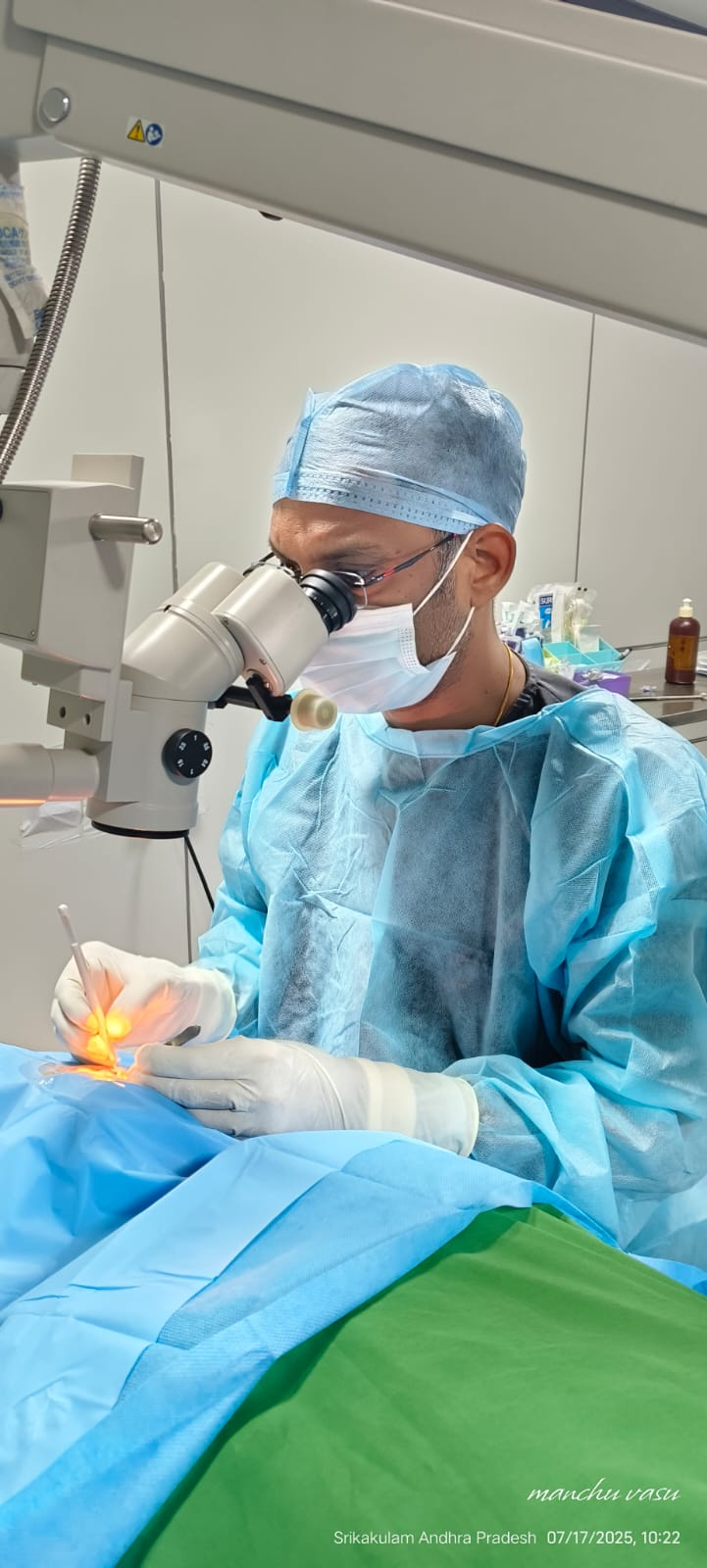

Glaucoma – Frequently Asked Questions
Glaucoma is one of the leading causes of irreversible blindness worldwide. It often develops silently without symptoms in the early stages, making regular eye check-ups essential. With timely detection and proper treatment, vision loss from glaucoma can be prevented or slowed down.
Early diagnosis can prevent permanent vision loss. We use advanced glaucoma screening tools to identify patients at risk—even before symptoms appear.
- Intraocular Pressure (IOP) Measurement (Tonometry)
- Visual Field Testing (Perimetry)
- Optic Nerve Head Evaluation
- OCT (Optical Coherence Tomography) Imaging
- Gonioscopy to assess drainage angle
Once diagnosed, glaucoma requires lifelong monitoring and personalized care. Our specialists tailor a treatment plan based on the type, stage, and progression of the disease.
- Medical management with eye drops or oral medication
- Regular visual field testing and optic nerve imaging
- Monitoring of treatment response
- Counseling and lifestyle advice for long-term control
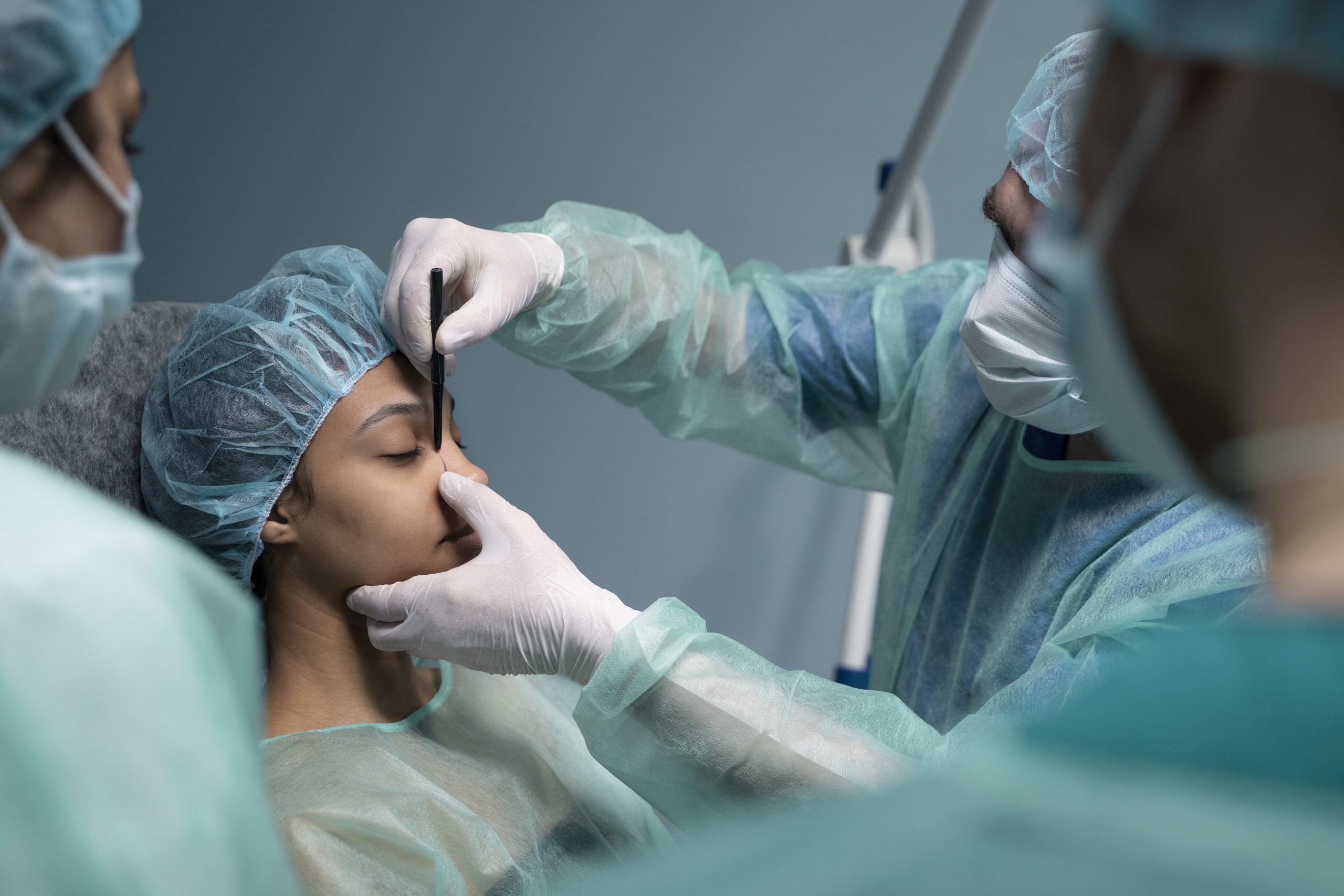
For patients in early to moderate stages, we offer Micro-Invasive Glaucoma Surgery (MIGS)—a modern, less traumatic option that effectively reduces intraocular pressure with minimal disruption to eye tissues.
• Fast recovery and minimal discomfort • Can be combined with cataract surgery
• Suitable for mild to moderate glaucoma patients
• Reduces dependence on eye drops

For advanced or uncontrolled glaucoma, trabeculectomy remains the gold standard surgical procedure. It involves creating a drainage channel in the eye to release excess fluid and reduce IOP.
• Effective for long-term pressure control
• Recommended for advanced or rapidly progressing glaucoma
• Performed under local anesthesia with follow-up care
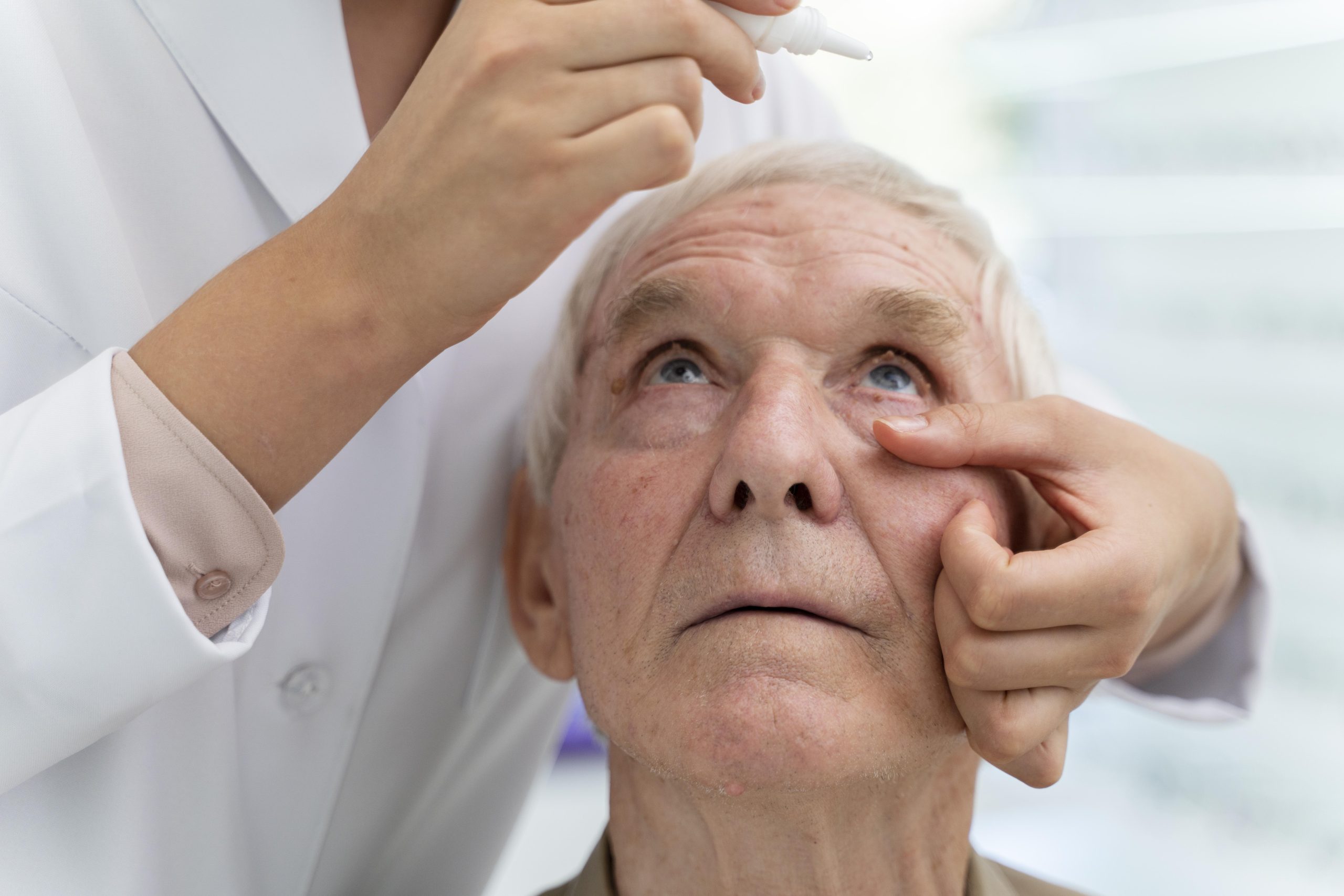
In complex or resistant glaucoma cases, especially those not responsive to medications or trabeculectomy, we use glaucoma drainage devices (e.g., Ahmed Valve or Baerveldt implant) to safely divert fluid from the eye.
• Used for refractory or secondary glaucomas
• Regulates fluid flow and reduces IOP
• Lifesaving for high-risk glaucoma cases
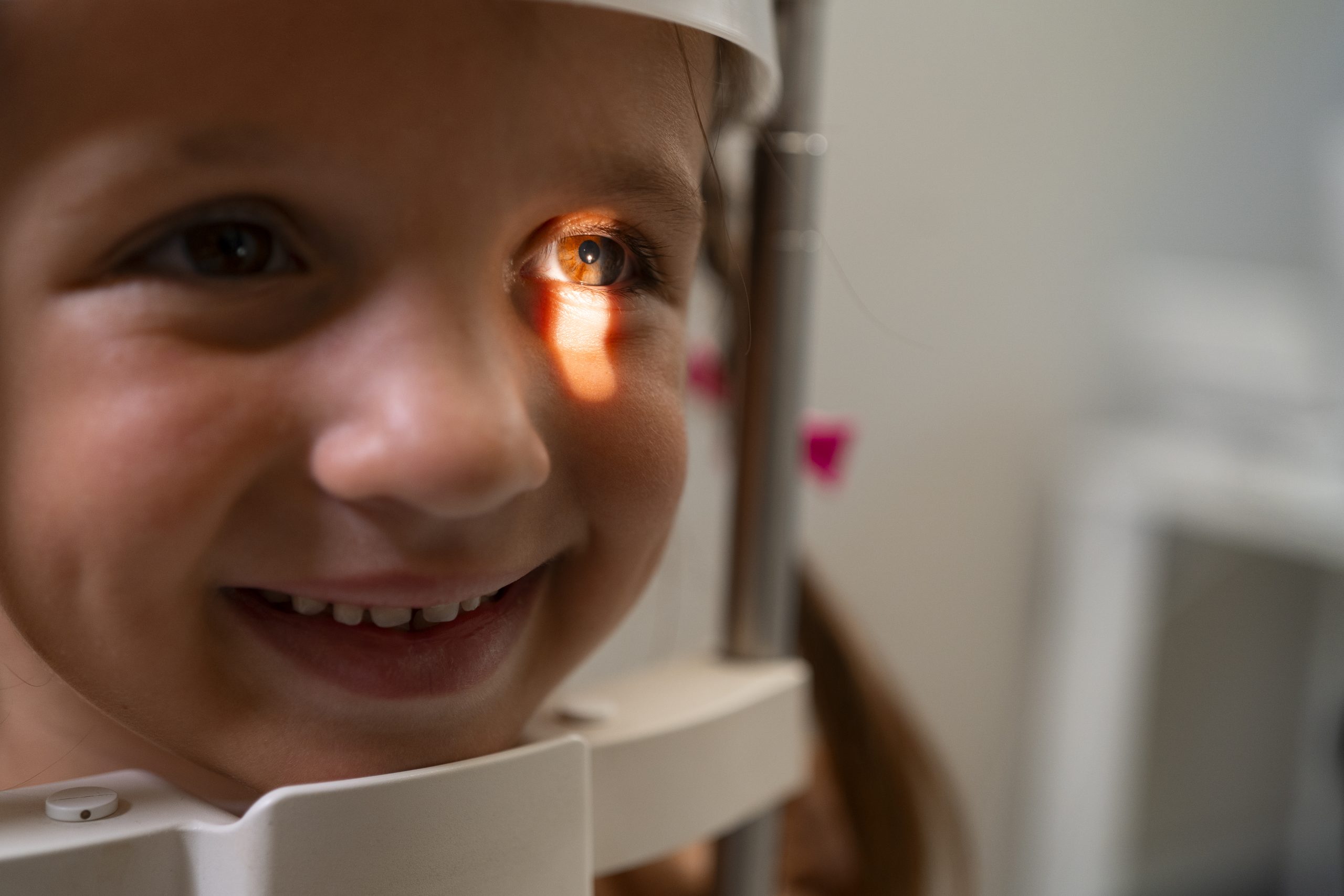
We also diagnose and manage congenital glaucomas (present at birth) and secondary glaucomas caused by trauma, surgery, medications, or systemic diseases.
• Special care for infants and young children
• High-precision surgical intervention
• Supportive parental education and follow-ups
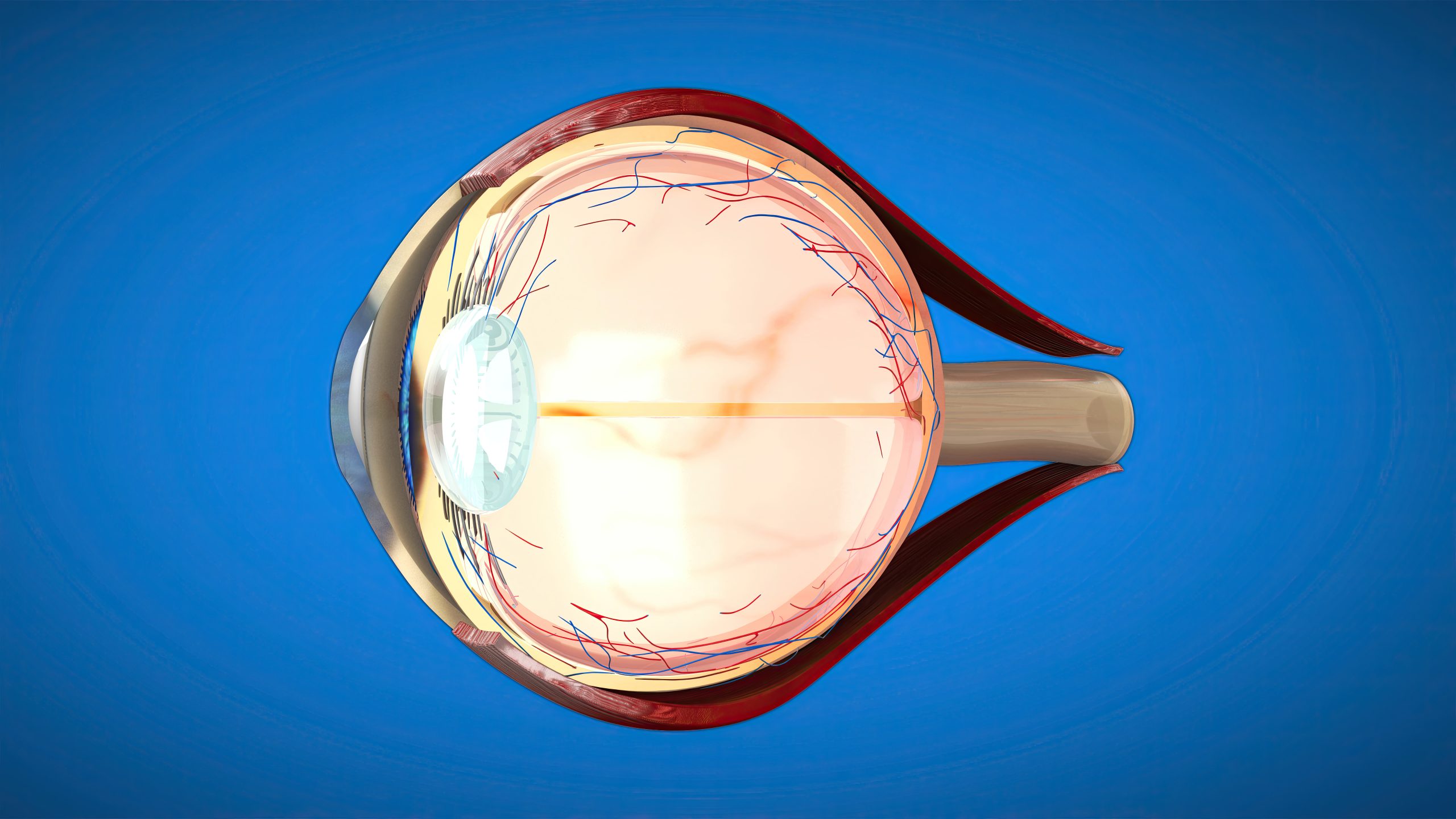
For patients with narrow-angle or angle-closure glaucoma, we offer YAG Laser Peripheral Iridotomy, a quick and safe outpatient procedure that creates a small hole in the iris to improve fluid drainage.
• Non-invasive laser procedure
• Immediate relief in angle-closure attacks
• Prevents optic nerve damage from pressure spikes
